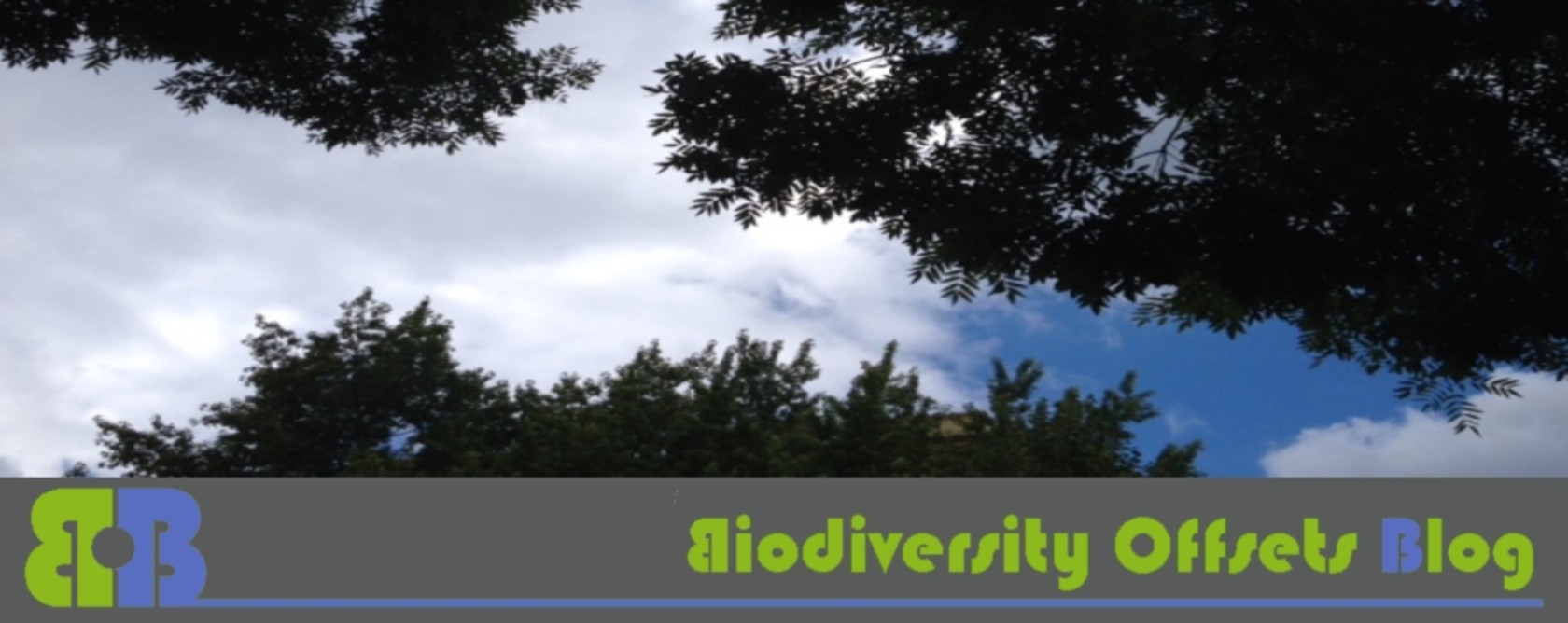This is a guest post by Céline Jacob, PhD Student on Marine and Coastal Biodiversity Offsets at CREOCEAN — Center for Functional and Evolutionary Ecology in Montpellier (France). This comment is the expression of the author’s thoughts and experiences and … Continue reading
guest
This is a guest post on behalf of Moha Haddouch, PES Project national coordinator at UNDP Morocco. A project on the protection agrobiodiversity in Morocco is seeking help with the organization of three workshops in the scope of payments for … Continue reading
This is a guest post by Heidi Wittmer from Helmholtz Centre for Environmental Research in Germany. This comment is the expression of the author’s thoughts and experiences and such is acknowledged as a fruitful contribution to the discussion on biodiversity offsets. If … Continue reading
This is a guest post by Alan Key from Australian consultancy Earthtrade. This comment is the expression of the author’s thoughts and experiences and such is acknowledged as a fruitful contribution to the discussion on biodiversity offsets. If you want … Continue reading
This is our first guest post, by Jolanda van Schaick from Dutch consultancy CREM! Our worldwide economic activities have repercussions on biodiversity. Plant and animal species are disappearing at an ever increasing rate and the natural resources of our world are becoming … Continue reading
